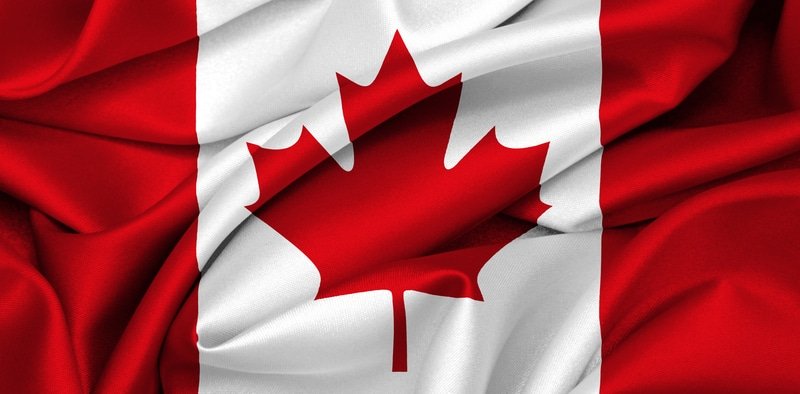Three major tobacco companies are putting forward a plan to pay nearly 25 billion Canadian dollars to Canadian provinces and territories and over 4 billion dollars to thousands of Quebec smokers and their families. The proposed arrangement was filed in an Ontario court by JTI-Macdonald Corp., Rothmans, Benson & Hedges, and Imperial Tobacco Canada Ltd. (BAT), following more than five years of negotiations with creditors.
These companies sought creditor protection in early 2019 after a significant court defeat in Quebec, which halted all legal actions against them while they attempted to negotiate settlements with creditors, including plaintiffs from two Quebec class action lawsuits and provincial governments seeking reimbursement for health care costs associated with smoking.
Under the proposed plan, provinces and territories would receive payments over time, beginning with approximately 6 billion dollars when the agreement takes effect. Quebec plaintiffs can file compensation claims of up to 100,000 dollars each. Additionally, the plan allocates over 2.5 billion for smokers in other provinces diagnosed with lung cancer, throat cancer, or chronic obstructive pulmonary disease between March 2015 and March 2019, with eligible individuals receiving up to 60,000 dollars each.
Bruce W. Johnston, representing the Quebec plaintiffs, described the proposal as “historic and unprecedented,” highlighting that it not only compensates smokers but also benefits governments. He noted that prior to this case, no plaintiff had ever received compensation from a tobacco company in Canada.
Despite lengthy delays, Johnston expressed optimism that claimants could soon expect compensation, with successors of deceased class action members eligible to claim payments.
The proposed deal also includes a commitment of more than 1 billion dollars to establish a foundation dedicated to combating tobacco-related diseases, which incorporates 131 million dollars earmarked for Quebec plaintiffs. The plan still requires several approvals before implementation, including a creditor vote and court endorsement.
Confidentiality surrounding negotiations has left many class action members in the dark about the process’s progress. Health organizations have raised concerns about the opacity of negotiations, suggesting it could favour the companies over other stakeholders. Recently, groups such as Action on Smoking & Health and the Canadian Cancer Society criticized the arrangement, advocating for regulations to reduce tobacco use and public access to internal company documents.
The Quebec lawsuits target smokers who began using tobacco between 1950 and 1998 and subsequently suffered health issues or addiction, with heirs of affected smokers also participating in the litigation.




